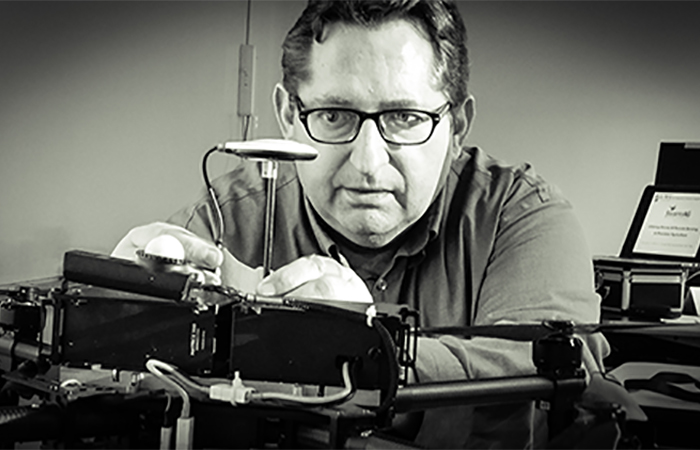It’s been 20 years since Deep Blue beat Garry Kasparov in chess. As impressive a win as that was for artificial intelligence and computing, the game has changed. Chess players have about five million options during the course of an average game; StarCraft has roughly 10300 choices per move. Our full stack programmer, Amanda Castonguay, is using our xGraph platform solution to find a way to beat StarCraft.
This is more than a game – it’s a representation of how computing problems have become exponentially more complicated over time. They have massive decision spaces with an ever-growing number of “moves” or options. Any one of those choices can kick off a chain of unintended consequences, meaning complex problems can and will morph and grow even more complex. They have a high volume of streaming data – more than two zettabytes per year are flooding data centers at super high velocity.
Compounding this is the need for speed: self-driving cars can’t wait for data to go from every vehicle on the street to the cloud and back to find out whether or not they’re too close to the car (or kid) in front of them. Latency is one of the issues we’re trying to solve with XGraph, and Amanda’s work is part of this.
xGraph is our new technology platform. It’s an executable graph framework for intelligent and collaborative edge computing that solves big problems: those that have massive decision spaces, tons of data, are highly distributed, dynamically reconfigure, and need instantaneous decision-making.
Amanda recently presented her StarCraft research at the 2017 IEEE MIT Undergraduate Research Technology Conference (URTC). This official IEEE conference brings together undergraduates around the world to present, discuss, and develop solutions to advance technology for humanity. We’re excited that she had the opportunity to share her findings. If you’d like to follow along, sign up for our newsletter to learn more about what we’re doing to beat StarCraft, manage drone swarms, fix our energy grid, discover earthquakes, and more.




